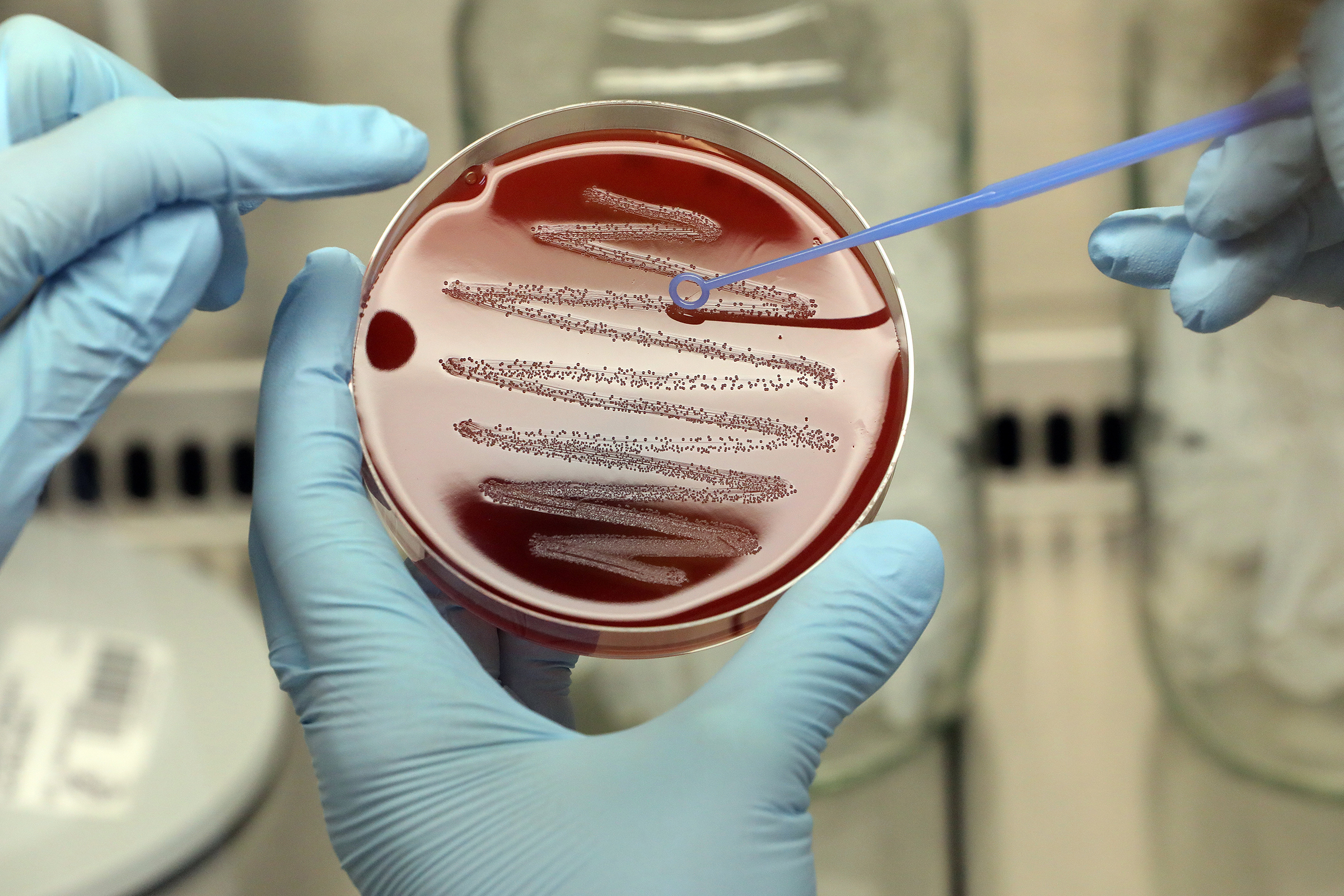
The Broad Institute was the first to invent CRISPR-Cas9 technology for use in animal cells, the U.S. Patent and Trademark Office said, siding against two Nobel laureates in a long-running dispute that affects the licensing agreements of some hotly watched biotech companies.
The Monday ruling determined Nobel winners Jennifer Doudna from the University of California at Berkeley and Emmanuelle Charpentier from the University of Vienna failed to prove they were the first to use the gene-editing technology in animal cells. In the years-long patent battle, UC Berkeley and the University of Vienna said their scientists were the first to find a way to guide CRISPR-Cas9 to specific locations on the genome. Broad maintained its scientists were the first to prove the technology worked in plants and animals, including humans.
A number of biotechnology companies, including Intellia Therapeutics Inc. and CRISPR Therapeutics AG, have licensed CRISPR-Cas9 from UC Berkeley and the University of Vienna, known as CVC. The ruling invalidates those patents, meaning the companies will need to license the technology from the Broad Institute, said Jacob Sherkow, a professor of law at the University of Illinois.
The Broad Institute, a research group from the Massachusetts Institute of Technology and Harvard University, can’t sue companies until any drugs are approved, Sherkow said. But the decision casts a “pretty long shadow” over companies developing CRISPR medicines with licenses from CVC, he said.
The University of California said it is disappointed by the decision, which it believes contains a number of errors. CVC is considering various options to challenge the ruling, which can be appealed, it said in a statement.
A spokesperson for Intellia said the decision doesn’t impact any of its ongoing research and development plans, while CRISPR Therapeutics said its programs will continue to advance and aren’t affected by the ruling. Doudna didn’t immediately respond to a request for comment. Editas Medicine Inc., which holds an exclusive licensing agreement with the Broad Institute, praised the decision. Its shares rose as much as 17% in late trading Monday.
Intellia, which also shared data Monday from a study using CRISPR to treat a deadly liver disease, fell 9.2%, while CRISPR Therapeutics slid 1.4%.
Biotech companies have already started pursuing other gene-editing technologies, such as other enzymes or other techniques like base editing.
“It’ll be really, really important for a short period of time then not so much anymore,” Sherkow said of the decision.
—With assistance from Susan Decker.
More Must-Reads from TIME
- How Donald Trump Won
- The Best Inventions of 2024
- Why Sleep Is the Key to Living Longer
- Robert Zemeckis Just Wants to Move You
- How to Break 8 Toxic Communication Habits
- Nicola Coughlan Bet on Herself—And Won
- Why Vinegar Is So Good for You
- Meet TIME's Newest Class of Next Generation Leaders
Contact us at letters@time.com